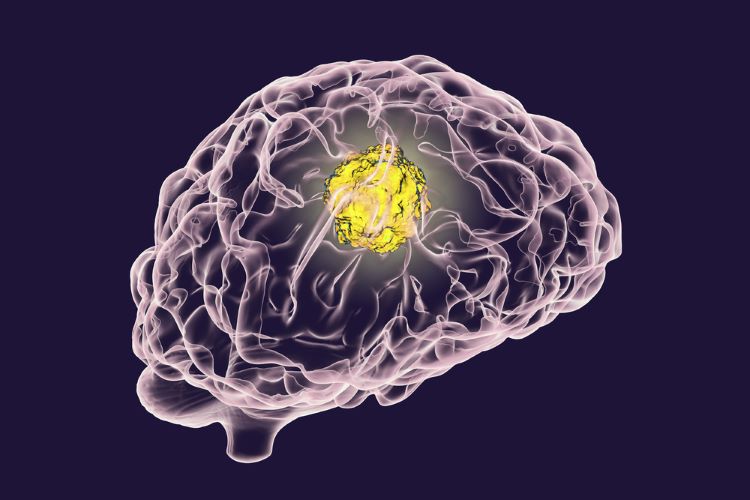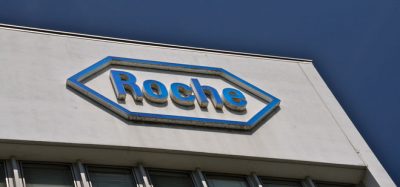NICE recommends Novartis precision brain cancer treatment
Posted: 24 April 2024 | Catherine Eckford (European Pharmaceutical Review) | No comments yet
An “innovative, life-extending treatment” for BRAF V600E mutation-positive glioma has been recommended for certain young people on the NHS.


in clinical trials [the combination treatment was shown] to halt tumour growth for low-grade gliomas for an average of more than two years”
The National Institute for Health and Care Excellence (NICE) has recommended a new targeted drug combination treatment for young people with BRAF V600E mutation-positive glioma.
Dabrafenib (Finlee) in combination with trametinib (Spexotras) is indicated for patients aged one and over, based on the agency’s proposal in its final draft guidance.
The combination of medicines, both made by Novartis, have demonstrated in clinical trials an ability to halt tumour growth for low-grade gliomas for an average of more than two years. This is three times longer than current drugs. The combination of Finlee (Dabrafenib) and Spexotras (trametinib) target the proteins affected by the BRAF gene, NICE noted.
According to NICE, gliomas are the most common type of brain cancer in children and young people. Individuals with this aggressive brain cancer have limited treatment options, which include surgery, radiotherapy, chemotherapy, and best supportive care.
“This recommendation from NICE means eligible children will now be able to access an innovative, life-extending treatment,” stated UK Health Minister, Andrew Stephenson.
Impact of NICE’s recommendation
Recommendation to make the new precision glioma therapy available on the NHS “is a significant step forward in treatment that has been shown to be easier to take than chemotherapy and very effective in blocking the growth of the disease,” Professor Peter Johnson, NHS National Clinical Director for Cancer commented.
Dabrafenib is administered orally twice per day as tablets. Trametinib is a once-per-day oral solution, NICE added.
“I am pleased we can recommend this new combination therapy that can give children longer without their tumour growing… This recommendation follows the licensing of both treatments for this type of cancer within the last three months,” Helen Knight, Director of medicines evaluation at NICE explained.
Further to NICE’s present recommendation, last week, Novartis released promising new data for Fabhalta® (iptacopan) as a treatment for the kidney disease IgA nephropathy (IgAN).
Related topics
Anti-Cancer Therapeutics, Big Pharma, Biopharmaceuticals, Chemotherapy, Clinical Development, Clinical Trials, Data Analysis, Drug Development, Drug Markets, Drug Safety, Industry Insight, Personalised medicine, Regulation & Legislation, Research & Development (R&D), Therapeutics
Related organisations
National Institute for Health and Care Excellence (NICE), Novartis









